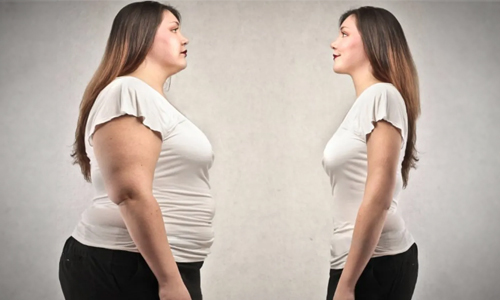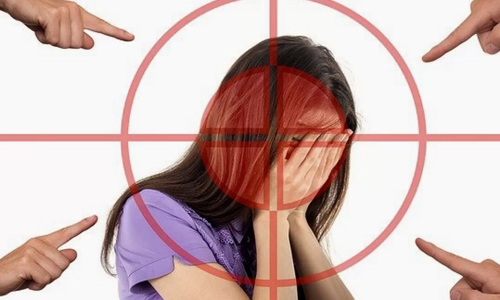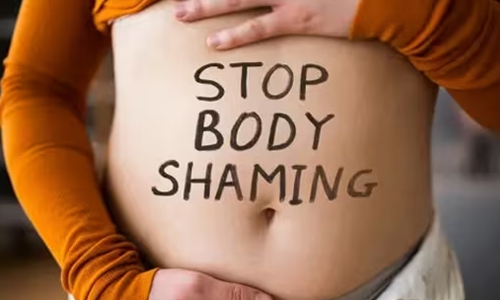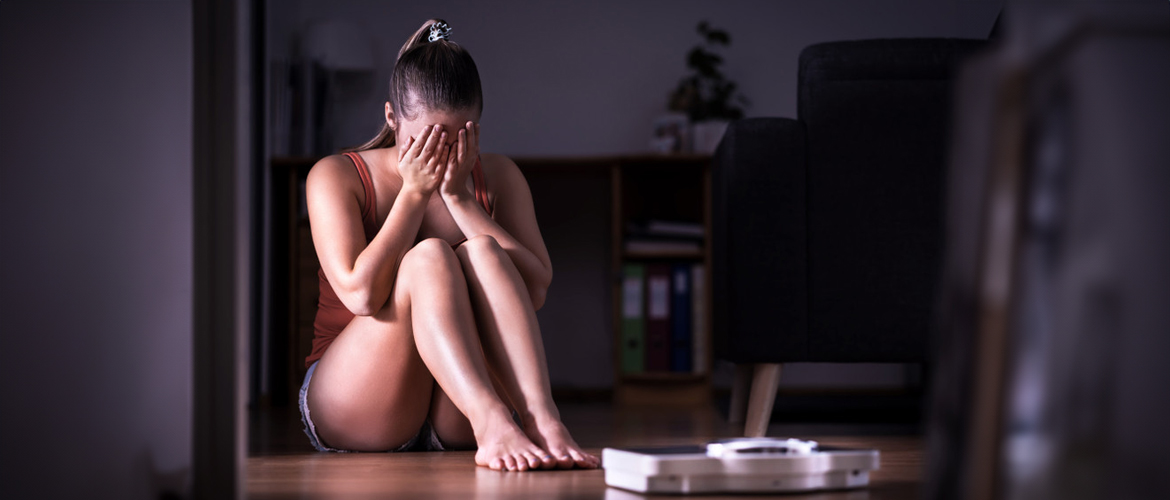Media and culture have consistently portrayed thin white girls as the icon of attractiveness, and people are often persuaded to believe this. Despite this, the media still uses dark-skinned and obese individuals as sources of jokes and entertainment. Am I right? Here are some things you need to know about body shaming! Without further delay, let’s dive into the blog!
What is Body Shaming?
Body shaming is the act of making negative comments about a person’s appearance. It involves criticizing or mocking someone’s physical traits, which can lead to lower self-esteem and mental health issues. This harmful practice can occur in various settings, including social media, workplaces, and even among friends and family. The criticism can target aspects such as weight, hair, age, clothing, or even food choices.
Who Are the Targets of Body Shaming?
Body shaming is mostly often about body size, hair, age clothes, etc. Here are some of the major reasons why people might be body-shamed!!
1. Weight

One of the most common reasons for body shaming is weight. Individuals may be shamed for being either too large or too thin. Negative comments about being overweight are known as “fat shaming.” Fat shaming involves making others feel ashamed and anxious about their body shape and size. Such comments do not motivate individuals to lose weight; instead, they cause significant harm and distress.
2. Age

Age shaming is a form of bullying and discrimination based on a person’s age, typically targeting older individuals. For example, comments like, “You’re too old to wear that costume,” are examples of age shaming. Making negative remarks about someone’s age is another form of body shaming.
3. Food
Food shaming occurs when someone makes negative remarks about what a person is eating or not eating. It also involves criticizing someone’s food choices.
4. Skin Tone
Body shaming can also target a person’s skin tone, which is closely related to self-esteem and quality of life. Negative comments about skin tone can cause significant pain, anxiety, and depression.
What Triggers Self-Body Shaming?
- Many of us have lost sight of the value of our bodies, as we constantly compare them to others. Our greatest adversary is comparison. We must recognize that everyone is uniquely created, and every appearance is beautiful and distinctive.
- Television commercials often mislead us with their skin whitening products, weight loss kits, and more, making women believe that being thin and white is essential to beauty.
- Most people are never satisfied with their physical appearance or material possessions, always seeking more. Some individuals even undergo plastic surgery in an attempt to replicate others’ appearances.
How to Prevent Body Shaming?

- Be mindful of your words and actions. Consider the language you use to describe others and how your actions might affect their feelings.
- Challenge media messages. The media often portrays unrealistic body images that can harm our self-esteem. Counter these messages by being aware of them and seeking out images that are more realistic and diverse.
- Talk to your children about body image. Teach them the importance of loving and accepting their bodies, regardless of body shape or size.
- Support body-positive organizations. Many groups promote body positivity and challenge shaming. Support these organizations by donating your time or money.
- Speak up against body shaming. If you witness someone being shamed, don’t hesitate to speak out. You can simply say, “That’s not a nice thing to say.”
How to Deal With Body Shaming Caused by Others?
- Validate your feelings. It’s important to recognize that body shaming is hurtful and that it’s okay to feel angry, sad, or upset.
- Challenge negative thoughts. When you have negative thoughts about your body, question them. Remind yourself that your body is beautiful and deserves respect.
- Focus on the positive. Take time to acknowledge the things you like about your body. What are your strengths? What aspects of your appearance do you appreciate?
- Find support. Talk to a trusted friend or family member, or join a support group for those who have experienced body shaming.
- Seek professional help. If you’re struggling to cope, consider reaching out to a therapist or counselor for support.
- Remember, you are not alone. Body shaming is a common experience, and coping strategies can help improve self-esteem.
Why Do We Need to Stop Body Shaming?

Body shaming may trigger or push you to the negative consequences on mental health. Here are some important points that you have to know!!
- Body shaming may trigger or worsen your existing symptoms of anxiety and depression
- It may lead you to some disorders
- Body shaming may cause low self-esteem
- Higher risk of self-harm or even suicide
- Psychological distress
- Body dysmorphic disorder
Must Know Statistics Regarding Body Shaming
According to a survey conducted by the American Psychological Association, about 40% of adjusters in the U.S. report experiencing body shaming at some point in their lives.
Research published in Body Image Journal found that individuals who experience it are more likely to suffer from anxiety, depression, and low self-esteem. Nearly 70% of those targeted report experiencing symptoms of anxiety or depression. Approximately 25% of those who reported being shamed about their body had considered suicide at some point.
A study by the National Eating Disorders Association (NEDA) found that 60% of people who experience shaming on social media report a negative impact on their mental health, including feelings of shame and self-loathing.
The American Society of Plastic Surgeons reports that shaming can lead to increased rates of cosmetic surgery among those who feel pressured to conform to unrealistic beauty standards. Approximately 20% of individuals seeking cosmetic surgery cite shaming as a contributing factor.
According to a survey by the Workplace Bullying Institute, 25% of employees report experiencing weight-based discrimination in the workplace, which can impact job performance and career advancement.
Research in the Journal of Adolescent Health indicated that this behavior is linked to self-harm. About 30% of individuals who have been subjected to shaming reported engaging in self-harm as a result.
The National Eating Disorders Association (NEDA) reports that people with a history of being shamed are at an increased risk of developing serious mental health conditions, including severe depression and anxiety, which can lead to suicidal ideation.
According to a study published in Pediatrics, teenagers who experience shaming are significantly more likely to experience suicidal thoughts. About 20% of adolescents who reported being shamed also reported suicidal ideation.
A report from the American Foundation for Suicide Prevention (AFSP) indicates that individuals who struggle with body image issues and experience shaming are at a higher risk of suicide, particularly among younger populations.
*Stats generated by GPT and verified manually.
I hope this blog helps you understand what body shaming is and the challenges it brings. Remember, we are all beautiful in our own way! Don’t let body shaming get you down—face it with confidence and embrace who you are!

